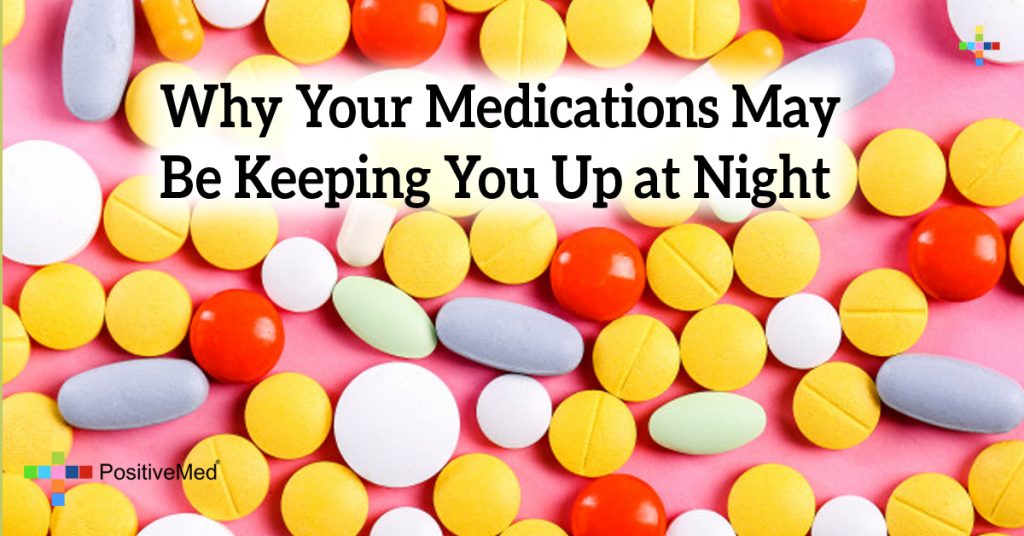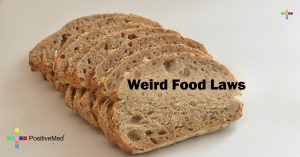
Why Your Medications May Be Keeping You Up at Night
By Dr. Peter Abaci
One of the biggest complaints that I hear from patients who see me with complex chronic pain problems is that they don’t sleep well. In fact, outside of the pain itself, it seems as though insomnia is often their most dreaded problem. Unfortunately, some of the most common treatments for pain can also become factors that contribute to a lack of good quality sleep.
Let’s start with sleep apnea. Sleep apnea occurs when you have one or more pauses in breathing or shallow breaths while you sleep. Breathing pauses can last from a few seconds to minutes, and they may occur 30 times or more an hour. Typically, normal breathing then starts again, sometimes with a loud snort or choking sound. (If this happens then likely nobody at home is sleeping well!) When your breathing pauses or becomes shallow, you’ll often move out of deep sleep and into light sleep. As a result, the quality of your sleep is poor, which makes you feel tired during the day. Sleep apnea is a leading cause of excessive daytime sleepiness, and the number one reason why people get referred for sleep studies.
Studies show that opioid-based painkillers can readily cause central sleep apnea, meaning abnormal signals get sent by the brain to the muscles that control breathing. The chronic use of narcotic compounds, of which the most commonly prescribed is hydrocodone, disrupts the normal breathing patterns during sleep. These disruptions in night-time breathing have been found to be dose-dependent. In other words, the higher the dose of pain medication a person takes, the worse the sleep apnea gets, and therefore, the more tired the individual is likely to feel during the day. While many believe that reducing pain with stronger medications at night will help them get a better night sleep, research suggests that doing this for an extended period of time will eventually lead to poorer quality sleep and more fatigue during the day.

Now let’s look at where sleep cycles can get disrupted. Natural sleep cycles have been described as rapid eye movement (REM) and non-rapid eye movement (NREM). REM sleep is generally believed to be essential for the brain to store memory, stay focused on specific tasks, and generally function at a higher level during the day. REM sleep also seems to help with the processing of emotions and stress, and it is a time when the body performs its repair mechanisms and certain immune functions, making it an important part of overall well-being.
Not only do opiate pain killers suppress the progression to REM sleep, but it turns out a number of other classes of medications often used in pain management also have the same side effect. Ironically, sleeping medications like zolpidem (Ambien) can reduce REM sleep. In addition, many of the commonly prescribed medications for anxiety and depression also interfere with REM sleep patterns. That includes the commonly used SSRI antidepressants (like Prozac, Lexapro, and Zoloft), tricyclic antidepressants that are often used for nerve pain (like Elavil), and benzodiazepines (like Klonopin, Valium, and Restoril).
When it comes to sleep and medications, less might really mean more.
 Painreliefrevolution.com is dedicated to chronic pain sufferers. Founded by Dr. Peter Abaci, he and the rest of the team of experts work together to bring members information on many chronic pain conditions and treatment options.
Painreliefrevolution.com is dedicated to chronic pain sufferers. Founded by Dr. Peter Abaci, he and the rest of the team of experts work together to bring members information on many chronic pain conditions and treatment options.





